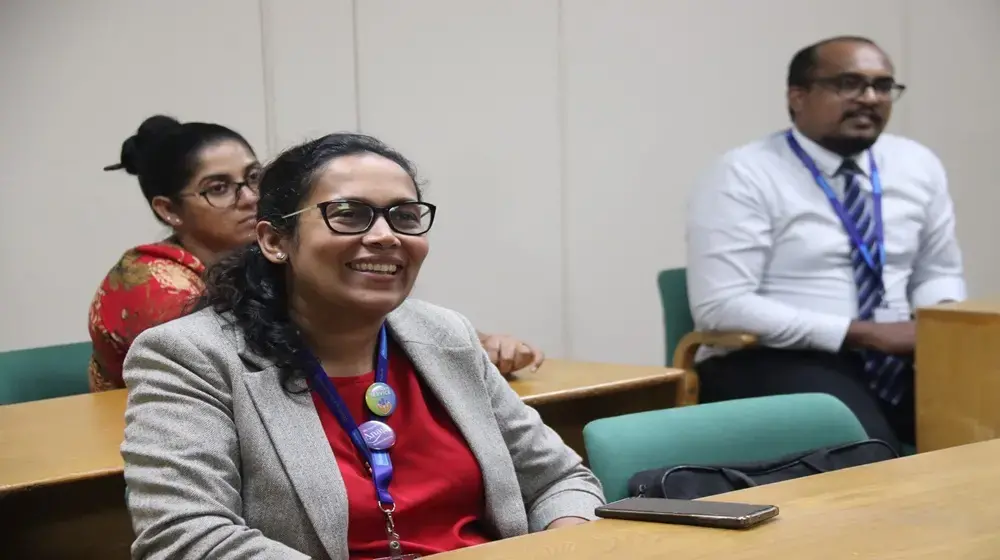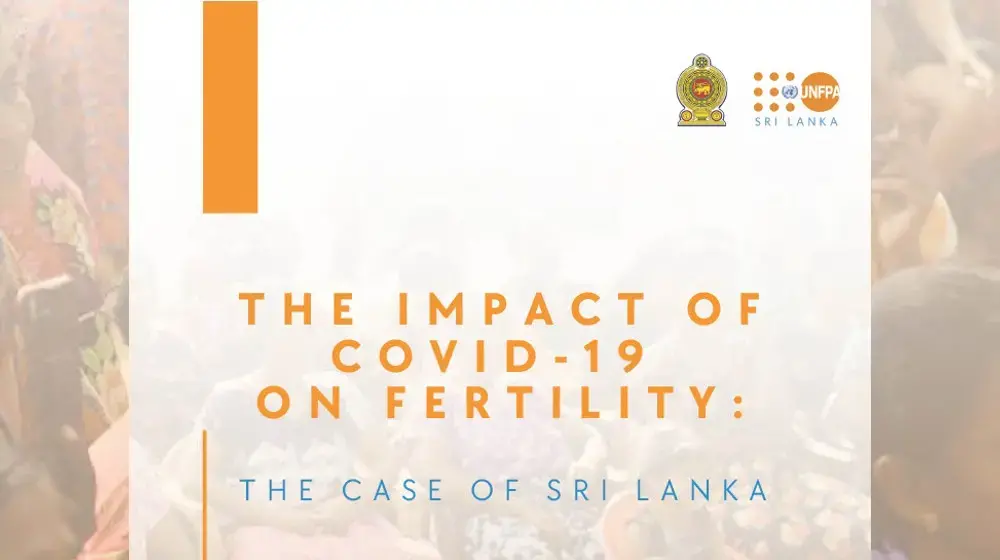7 March 2018 (Colombo, Sri Lanka): The World Health Organization (WHO) in Sri Lanka and the United Nations Population Fund (UNFPA) in Sri Lanka, jointly echo the statement issued by the United Nations in Sri Lanka earlier today, regarding the recent incidents of communal violence, and jointly condemn these actions in the strongest possible terms.
Particularly in relation to the Ampara incident, which stemmed from inaccurate information relating to reproductive health, this joint statement by WHO and UNFPA is released to clarify the misconceptions.
Current UN Resident Coordinator a.i. and WHO Representative in Sri Lanka, Dr. Razia Pendse, said: “There is no medication or ‘pills’ currently known or available that can permanently make a human being sterile. The information on use of an ‘infertility pill’ or ‘sterilization pill’ mixed with food is baseless with no scientific evidence.”
UNFPA Representative in Sri Lanka, Ms. Ritsu Nacken, said: “The need to ensure increased access to accurate reproductive health information, especially among youth, is so apparent. Wrong information on reproductive health is being used to ignite hatred and create tensions between ethnic communities. This should not and cannot happen.”
WHO and UNFPA are two UN Resident Agencies within the United Nations System in Sri Lanka, working towards good health and wellbeing of all Sri Lankans.
Together with the United Nations System, WHO and UNFPA urge authorities and all citizens to ensure that action is taken to counter misinformation, and to ensure that the rule of law is upheld, human rights are protected, and security and safety is ensured for all.
--
WHO strives to build a better, healthier future for people all over the world.
UNFPA works to ensure universal access to sexual and reproductive health information and in upholding reproductive rights.
--
Download statement:
English | Sinhala | Tamil





